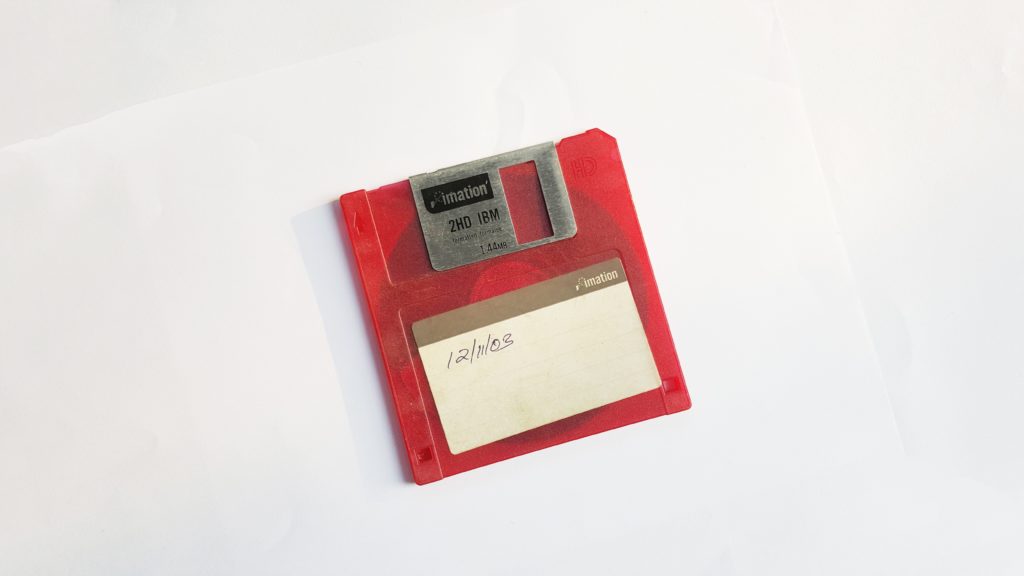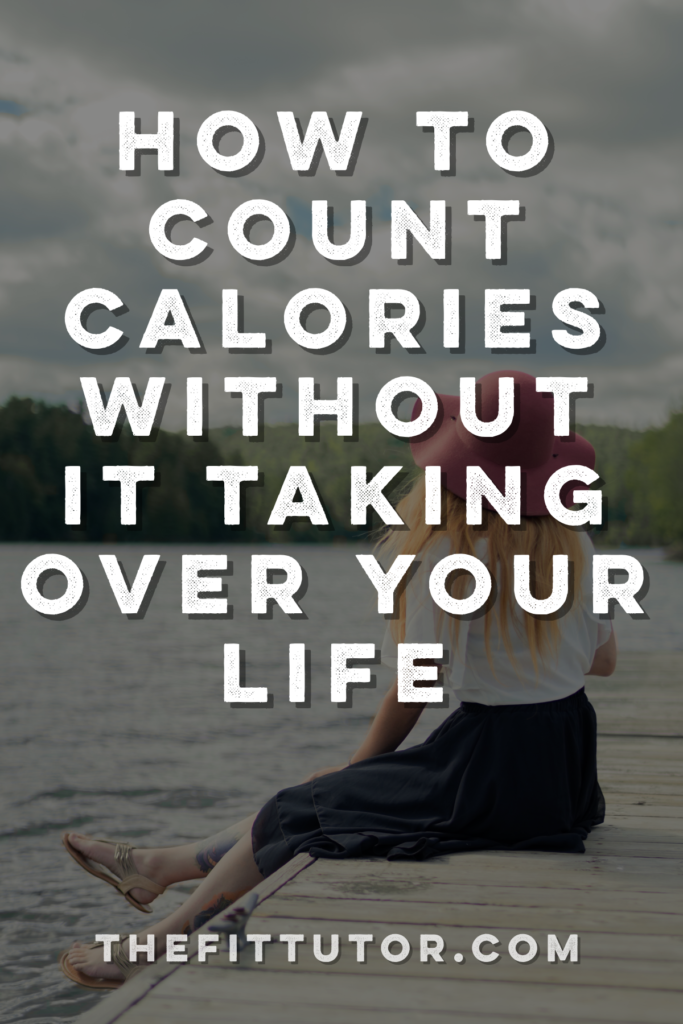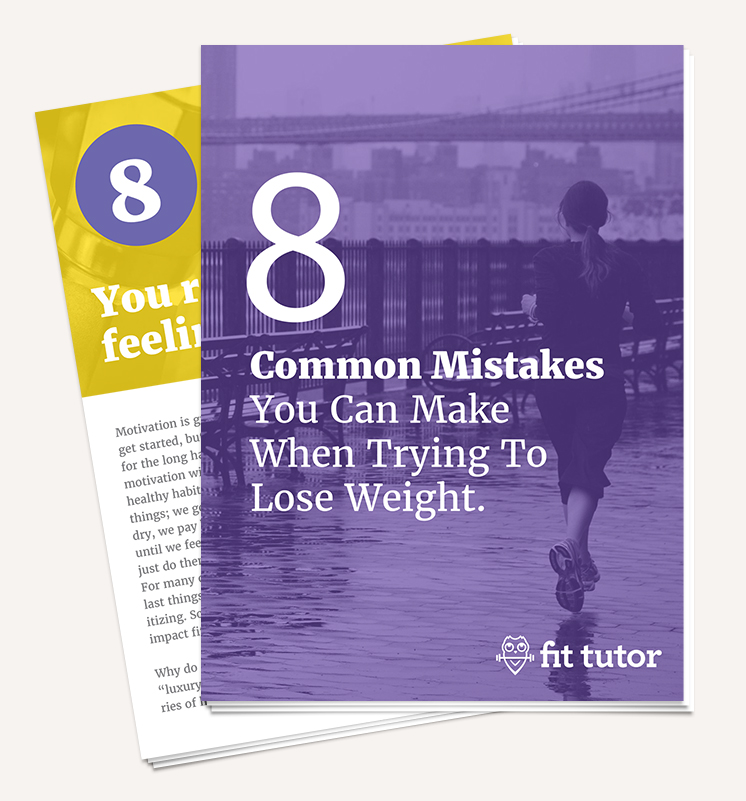We recently discussed whether or not you should count calories and the benefits and inaccuracies of the process. Whether or not you should count calories depends on your personality, schedule, and goals. However, your choice to do so does not lock you into counting every single thing you consume forever until eternity!
There are less overwhelming and less tedious ways to use this powerful tool for your advantage. Here’s how I use calorie counting for myself and many of my clients!

Who Does and Does Not Get the Option to Count Calories
Let’s start off by talking about who I do not recommend this practice for. Here’s a list of people I don’t recommend it to and reasons I don’t suggest it for everyone:
- People who have history of eating disorders
- People who have obsessive or compulsive tendencies
- Many women have an unhealthy body image or relationship with the scale
- Perfectionists can often get obsessive about calories
- I’m also looking for signs of orthorexia and exercise disorder when working with really motivated clients
Although calorie counting can be helpful, it’s not needed to see results. If your personality or history with food prevents this from being beneficial, that’s OK! Even I can become obsessive about numbers and turn workouts into a form of punishment for what I ate (hello, Enneagram 1). I’m always analyzing my own motives. I think it’s just something we need to watch out for in our culture.
That being said, I think it can still be beneficial for most people to do for a limited amount of time. It’s insightful data, and can help us move forward without needing to continue counting calories.
Don’t worry, I’ll explain how to get results without counting calories, too!
So Who Gets to Calorie Count?
People who don’t have these tendencies.
People who want to and enjoy it, and for whom it’s worked in the past. Clients who don’t love it but would benefit from it for a period of time. Others who are struggling to lose weight, etc.
Free Meal Plan Alert: Also, you can download my Real Food Reset Meal Plan that has all of the calories already tallied for you! All you’ll need is to adjust the serving sizes as needed!
How to Count Calories Without it Taking Over Your Life
There are several ways you can utilize calorie counting without it becoming your life. It can be tedious, time-consuming, and you can easily start to look at foods as numbers instead of something you love! But you can benefit from it without tracking every crumb and every sip forever and ever.
Some of my clients thrive while tracking their calories. I give them the green light to track away. But for the rest of us whose blood pressure rises at the thought, I try to use it sparingly for data collection.
Here’s what I often recommend to combat the tediousness of calorie counting: Count for a specific timeframe and use that data to make changes and improvements with your nutrition.
Why Track for a Limited Time?
Although it’s probably guaranteed that it will be tedious for that particular timeframe, it’s over quickly and then you have a goldmine of information.
I often have clients count calories for about one week. It’s so helpful for getting a good, overall picture of what your diet looks like. It’s come in very handy when someone tells me they “eat healthy” but aren’t losing weight. We’re not pros at estimating how good our nutrition is!
Some recommend to count calories for 3 “typical” days. I personally find that if you can handle one week, you’ll get much better information. Weekends are important to get a picture of, too, and for some people certain weekdays are harder than others. This is important to know.
So, a week it is.
Anyone can suffer through this task for just one week. The information you’ll gain from it will be crucial to goal and habit setting as you move forward.
Here are the different ways I use counting calories with my clients:
Data Collection
Tracking for a week is helpful for data collection. We can look at your week and find on average if you’re consuming the right amount of food, enough protein, and which days or time of day are your downfalls!

Analyze the Data to Make a Plan
From this data, we can formulate a plan.
We can modify portion sizes, sugar consumption, how many splurges you’re having, and focus your meals around nutrients. We can even make a plan for those on-the-go meals and help you alter your habits to promote the results you want.
This is also helpful for those clients who are strength training but not getting in enough protein, or the chronic dieter who isn’t feeding her body enough to support her workouts.
Data don’t lie ;)
To Help You Learn What and How Much to Eat Without Having to Count Calories
By counting calories for a week or so, you can learn a lot about your portion sizes and your favorite foods. You’ll also learn how much damage you’re doing with those frequent desserts while watching The Great British Baking Show!
This can help you form lifelong habits to help keep portions under control. Knowing the average calorie counts of your favorite foods can help keep you from eating too much. Although it’s not as simple as calories in vs. calories out, overeating still regularly leads to weight gain.
I mentioned that looking at foods and thinking about their calorie count is a bad thing. I think it can be bad, but it can also be helpful. It all depends on your relationship with food and your personality. For example, by knowing how many calories are in your go-to dinner on a busy night or your favorite splurge, you’ll be equipped with knowledge to help prevent eating excess calories.
Using calorie counting this way has helped many of my clients re-think some of their “healthy” food choices. They have learned which foods normally push them over their calorie limits.
A Reality Check
In my last post about calorie counting we discussed using it as a form of accountability. I have found both with myself and my clients that we can count calories every so often and get that wake-up call we need.
After a few weeks or months, our portions have gotten larger and our splurges have become more frequent. We need that dose of reality again to help keep our healthy habits in line.
When I was a psychology teacher, I taught about “motivated forgetting.” This is where you conveniently forget things you don’t want to remember. This totally applies to what we eat and calorie consumption! We lie a little to ourselves and conveniently forget how many scoops of ice cream we had and complain our workout program just isn’t cutting it.
I often encourage clients to count one week a month or a week every other month to keep these portions in mind and get a reality check on their diet! If that’s too often, we find a frequency that works for them.

When It’s Go-Time!
If we’re working towards a certain end goal, like a beach vacation, a wedding, a high school reunion, etc, I often encourage clients to track the weeks prior to the event. This helps ensure accuracy and strictness to help them achieve their goal to make jaws drop, whether it was their high school prom date or their BFF on the beach.
I track my calories when I’ll be wearing a swimsuit. I know it sounds old-fashioned, but I want people to see how skinny strong I am when I’m in beach attire! Tracking calories helps ensure I’ll lose any fluff that might be covering my muscles ;)
So What Do You Do If You Don’t Calorie Count?
To recap, I like to have clients count calories for about a week, and then pick up the habit back up every so often to keep things in check. Meanwhile, I teach them to focus on how their plate should look and how they should be snacking.
The hand system for portion control is a game changer – don’t knock it until you’ve tried it! I wrote about what your plate should look like here
If you were my client and we decided calorie counting wasn’t your jam, I’d encourage you to focus on basing your meals around this system (described in the article).
I would also encourage eating enough so you’re hungry about 3 hours later and having a healthy snack once you feel hungry. Hunger isn’t a bad thing, but most people binge eat when they get too hungry. Planning for it and not overeating can help with weight loss, digestion, and a healthier relationship with food.
Lastly, we’d decide on healthy habits you can manage in your schedule and we’d track them on a habit chart. This data will tell you exactly how you’re doing and what you need to work on.
You can keep this simple and lose fat while feeling great and energetic! By following these principles and adding in exercise if you can, you’ll still see the results you’re looking for without having to count calories.
Other Healthy Habits to Focus on
Although these tie in with the plate goal mentioned above, here are some other things I encourage clients to focus on (and what might appear on their habit charts):
- eating slowly
- no late night eating
- focusing on eating protein and non-fried veggies first
- timing and controlling carb and sweets intake
By keeping track of your consistency to help zero in on your struggles, you can create a good plan of attack to help with your weakest areas. I also encourage people to focus on one main habit at a time so it actually becomes ingrained! You can read more about that here:
How Will You Use Calorie Counting for Your Goals?
Now that you know the pros and cons of tracking your calories, how will you use it?
Some people religiously track everything they put in their mouths and get great success. But that just doesn’t work for everyone. I think being honest with where you’re at and your schedule and if this is a practical thing to keep up with is a good first step. If you can’t or don’t want to, then utilizing it the way I suggest will help you strike a balance.
You can still benefit from this helpful tool while keeping it from becoming obsessive or taking over your life!
I’d love to hear how you use it or hope to use it in the comments!



Comments are closed.